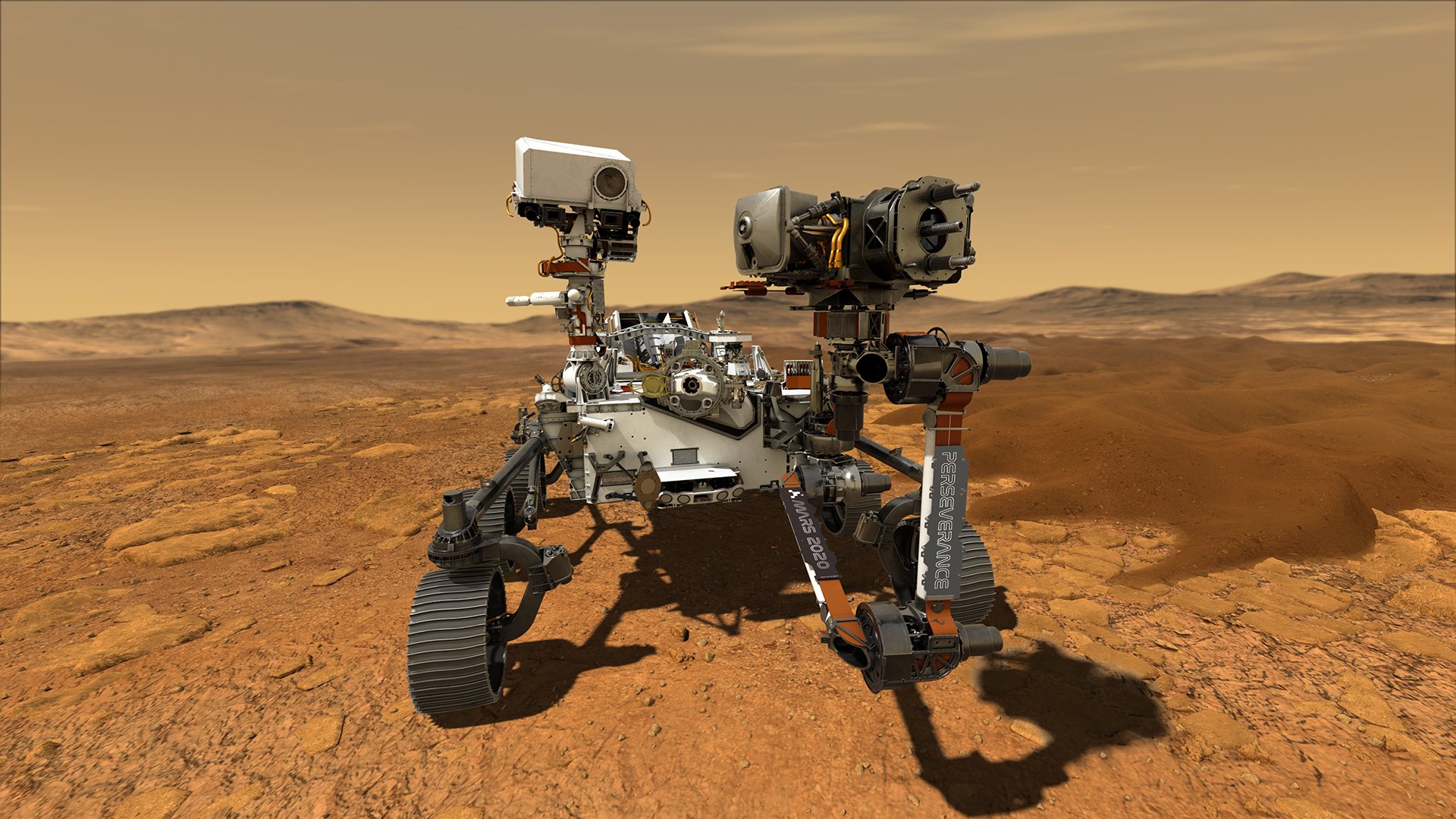Mars Sample Return multi-mission effort advances to next phase
The MSR campaign advances NASA's efforts to send humans to the Red Planet. The US space agency is preparing to land the first woman and next man on the lunar surface in 2024 under the Artemis program and then use the learning to take the next giant leap - sending astronauts to Mars.

- Country:
- United States
NASA and the European Space Agency (ESA) are advancing to a new phase -Phase A- of the Mars Sample Return (MSR) multi-mission effort, preparing to bring the first pristine samples from Mars back to Earth, the US space agency announced on Friday.
During Phase A, the program will mature critical technologies and make critical design decisions, as well as assess industry partnerships. In the next steps of the MSR campaign, both the space agencies will provide respective components for a Sample Retrieval Lander mission and an Earth Return Orbiter mission, with launches planned in the latter half of this decade.
We're preparing for a multi-mission campaign to bring the first pristine samples from Mars back to Earth, a key step in understanding whether life ever existed on Mars and, in turn, the origins of life on Earth. Today, the campaign advanced to a new phase: https://t.co/1qx3HHcbxT pic.twitter.com/AKUEebXIQq
— NASA Mars (@NASAMars) December 17, 2020
For this mission, ESA is providing the Earth Return Orbiter, Sample Fetch Rover, and the lander's robotic arm to the partnership. NASA is providing the Sample Retrieval Lander, Mars Ascent Vehicle, and the Capture/Containment and Return System payload on the Earth Return Orbiter.
The MSR campaign advances NASA's efforts to send humans to the Red Planet. The US space agency is preparing to land the first woman and next man on the lunar surface in 2024 under the Artemis program and then use the learning to take the next giant leap - sending astronauts to Mars.
"MSR is a complex campaign, and it encapsulates the very essence of pioneering space exploration - pushing the boundaries of what's capable and, in so doing, furthering our understanding of our place in the universe," said Thomas Zurbuchen, associate administrator for science at NASA Headquarters in Washington.
To recall, the Mars 2020 Perseverance rover was launched in July 2020 and is set to land on the Red Planet on February 18, 2021. Bringing Mars samples back to Earth will allow the science community to test new theories and models as they are developed, just like the Apollo samples returned from the Moon have done for decades.
- READ MORE ON:
- NASA
- ESA
- Mars 2020 Perseverance rover
- Apollo
- Artemis
ALSO READ
Rexas Finance: The Presale Phenomenon of 2024
NASA's Parker Solar Probe Makes Historic Sun Approach
NASA's Parker Solar Probe: Pioneering Close Encounters with the Sun
King of Bhutan Jigme Khesar Namgyel Wangchuck arrives in India for funeral of ex-PM Manmohan Singh: Sources.
Bhutan King Jigme Khesar Namgyel Wangchuck lays wreath on mortal remains of former prime minister Manmohan Singh.










